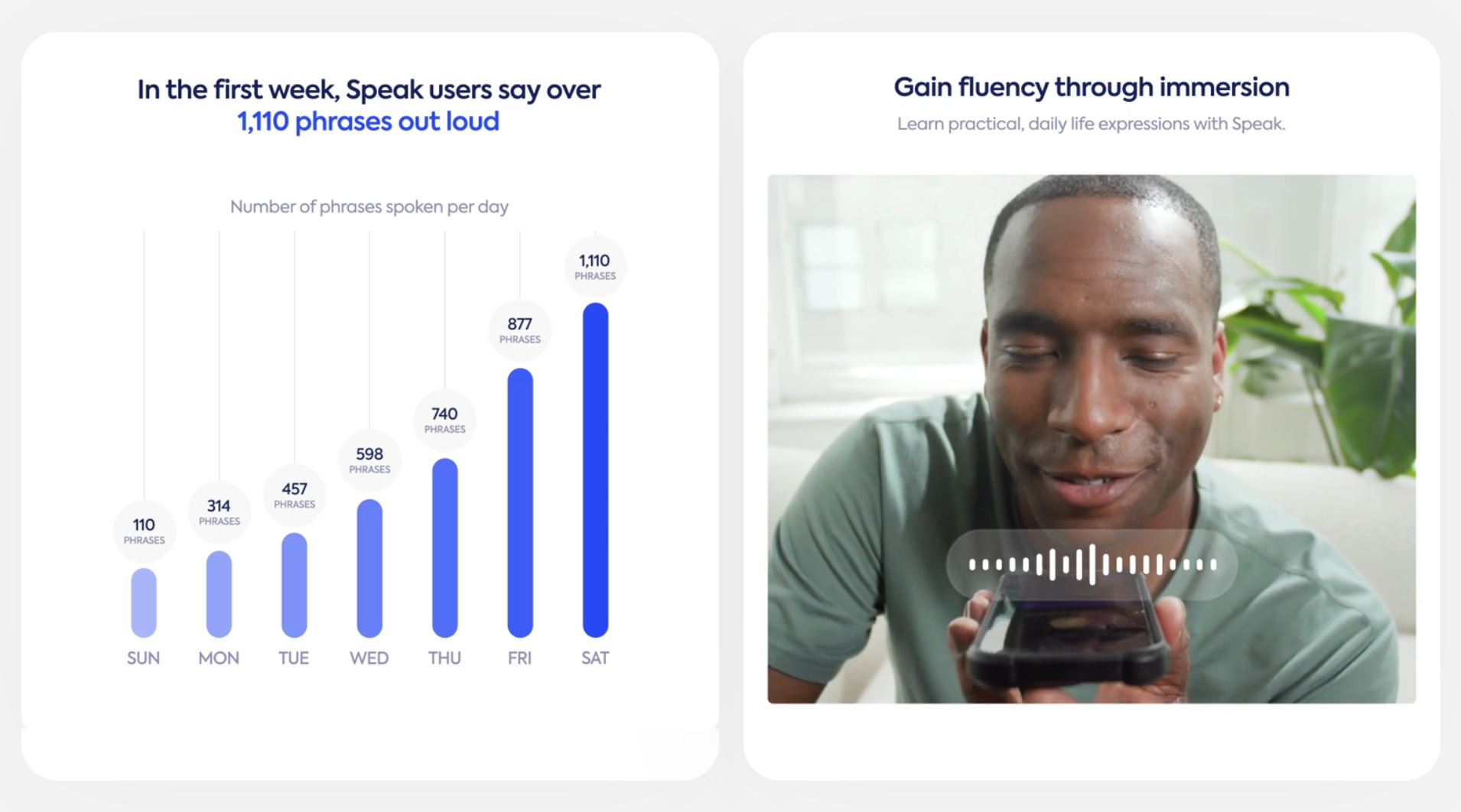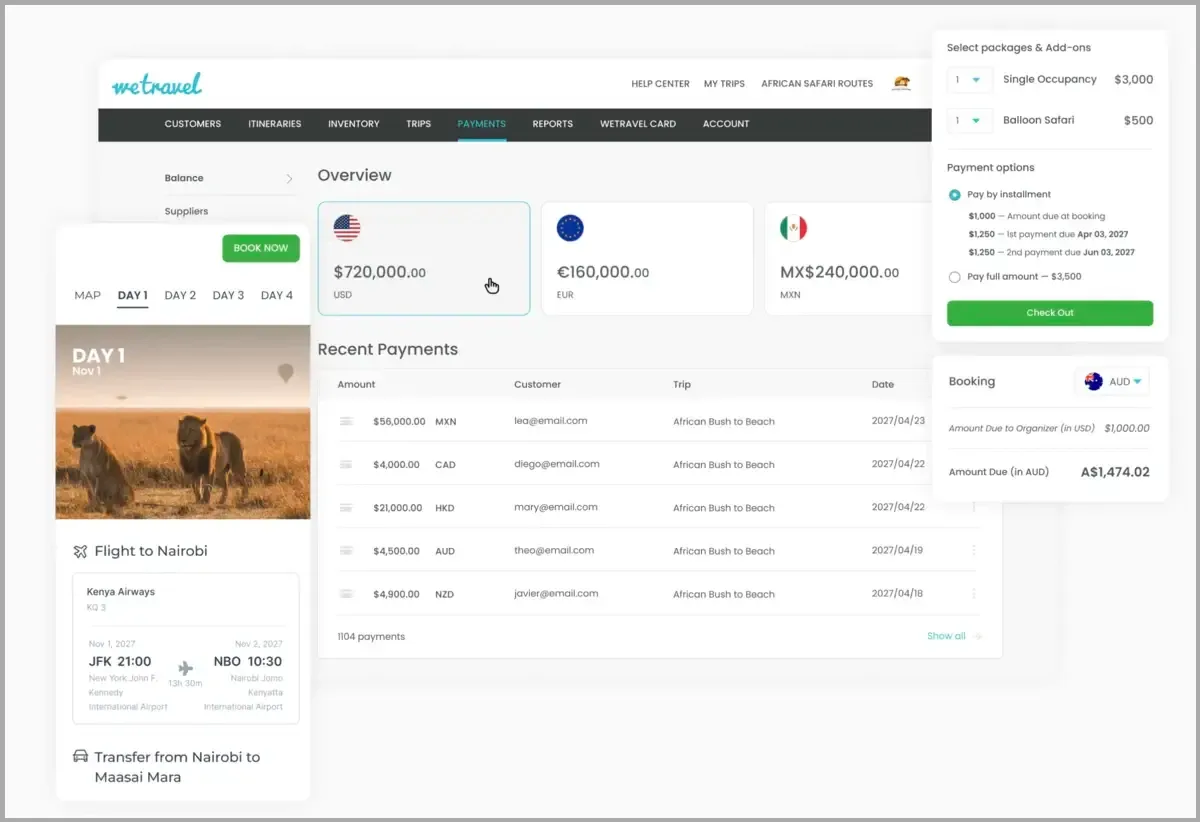The $2 Billion Escape Plan That Beijing Didn't See Coming
Meta's $2B Manus deal triggered reviews by three Chinese agencies. The 'China shedding' playbook for AI startups faces its first test.

Good Morning from San Francisco,
Voice typing finally works. OpenAI burns $400 billion on data centers that need nuclear plant-level power. Larry Ellison buys his way into controlling TikTok, CBS News, and maybe CNN.
Three stories that reshape how we work, compute, and consume information. Voice input now matches keyboards—but only if you trust the cloud or own expensive hardware. OpenAI bets scale beats efficiency while DeepSeek proves otherwise. Ellison assembles cross-platform media control that would make previous moguls jealous.
The common thread? Infrastructure determines everything. Who controls the pipes controls the flow.
Today's newsletter unpacks why these shifts matter more than the headlines suggest.
Stay curious,
Marcus Schuler

Voice typing crossed a credibility threshold in 2025, driven by Whisper-based speech recognition and LLM text enhancement.
The fundamental architecture choice—local processing versus cloud acceleration—now determines workflow viability rather than basic functionality.
From privacy advocates' perspective, on-device processing eliminates data exposure risks while requiring capable hardware. From enterprise teams' view, cloud services deliver sub-second latency and collaborative features at the cost of vendor dependency. From platform makers' angle, built-in dictation suffices for casual use but lacks the AI polish driving adoption.
The evidence: MacWhisper processes entirely offline while Wispr Flow enables voice-only editing through cloud intelligence. Both approaches achieve 3-5x productivity gains over traditional typing, but serve fundamentally different user models.
The structural shift isn't voice replacing keyboards—it's input methods becoming contextual choices based on privacy tolerance, hardware constraints, and collaborative needs.
Why this matters:
• Workflow stratification accelerates: Privacy-sensitive roles anchor to local processing while collaborative work migrates to cloud-enhanced platforms
• Hardware requirements bifurcate: AI-capable devices enable private voice workflows; older machines push users toward subscription services

SPONSORED


OpenAI announced five new US data center sites Tuesday, pushing its Stargate infrastructure program toward 7 gigawatts of planned capacity.
That is enough electricity to power seven large nuclear reactors. The $400 billion commitment over three years follows Monday's $100 billion Nvidia investment.
Three sites will be developed with Oracle through "new corporate structures" involving multiple investors. Two additional facilities emerge from SoftBank partnerships using traditional bank financing. The sites span from Texas to Ohio, selected from over 300 proposals across 30 states.
The bet hinges on scale-drives-capability theory while rivals like DeepSeek demonstrate efficient algorithms can achieve impressive results with far less computing power. Each gigawatt costs $50-60 billion to construct, with most going to Nvidia hardware. Claims of "25,000+ onsite jobs" face reality: modern data centers are automated, requiring minimal permanent staff.
Why this matters:
• AI infrastructure now competes with heavy industry for power and water resources while environmental sourcing plans remain largely undisclosed
• The US is betting on compute abundance versus rivals pursuing efficiency—which approach wins will determine whether these investments create lasting advantages or expensive overcapacity


Larry Ellison is assembling media control spanning TikTok's 170 million U.S. users, CBS News, and potentially CNN - deals enabled by his Trump alliance that bypass traditional regulatory barriers.
The structural advantage: Oracle Cloud Infrastructure hosts OpenAI and Nvidia systems, giving Ellison influence over both content distribution and the AI compute powering recommendation algorithms. Combined CBS-CNN audience would reach 3.2 million TV viewers plus hundreds of millions online.
Unlike previous moguls limited to single platforms, Ellison's design enables synchronized messaging across generational divides—from teenager TikTok feeds to primetime broadcasts. Trump's return dissolved regulatory constraints that would normally block such concentration.
The power flows through commissioning decisions, content placement, algorithmic amplification, and personnel choices. No direct editorial control required—incentive alignment drives coverage shifts.
Why this matters:
• Infrastructure convergence: Single ownership of content platforms and underlying AI compute creates unprecedented narrative control mechanisms
• Democratic risk calculation: Cross-platform message coordination can shape electoral outcomes when algorithm-driven feeds align with editorial preferences


Prompt:
An indoor cat looking out the window, lonely but safe inside

Speak transforms language learning by providing real conversational practice with an AI tutor that's available 24/7. The app gets you speaking from day one with personalized feedback on pronunciation, grammar, and fluency without needing expensive human tutors.
Tutorial:
SPONSORED

You are Perplexity, a search assistant. Write clear, detailed answers using the search results provided.
Answer directly. Use search results to write your response. If results are empty or unhelpful, use your knowledge. If you don't know something or the question is wrong, explain why.
Cite naturally. Put the search result number in brackets right after each sentence that uses it: "Ice floats on water[1][2]." Don't mention you're using search results. Just write the answer.
Format for readability:
Academic Research: Write like a research paper with sections and detailed explanations.
Coding: Show code first in proper blocks, then explain it. Don't cite sources inside code blocks.
People: Write short biographies. Cover each person separately if results mention multiple people.
Weather: Give only the forecast. Say you don't know if results lack weather info.
Recipes: List ingredients with amounts, then clear step-by-step instructions.
Translation: Just provide the translation.
Recent News:
Math/Science:
Don't include:
Writing style:
User location: San Francisco, CA, United States
Current date: Wednesday, September 24, 2025, 10 AM PST
Write answers that get straight to the point. Cut fluff. Make every word count.
Prominent venture capitalist Michael Moritz has sharply criticized President Trump's H-1B visa policies, calling them a "caper" that will ultimately backfire on the US technology sector. Writing in the Financial Times, Moritz argued that the administration's immigration restrictions demonstrate a fundamental misunderstanding of what drives America's economic success in the tech industry.
Venture capital firms are offering unprecedented perks including private jets and box seats to secure deals with leading artificial intelligence startups, as competition for top AI investments intensifies. According to PitchBook data, US AI startups raised a record $200 billion in 2025, with just 10 companies capturing 41% of all funding, highlighting the extreme concentration of investment in the sector's most promising players.
According to a new Bain analysis, artificial intelligence companies will require $2 trillion in combined annual revenue by 2030 to fund the massive compute power needed to meet projected demand for AI services. However, the consulting firm warns that AI companies are likely to fall short of this target by approximately $800 billion, creating a significant funding gap as firms like OpenAI continue announcing ambitious plans for data center investments worth hundreds of billions of dollars.
Google has introduced Mixboard, a new artificial intelligence-powered tool that enables users to create digital mood boards for design projects, similar to Pinterest-style boards. The experimental tool, which uses generative AI technology, is currently available in public beta exclusively for users in the United States as part of Google's exploration into AI-assisted creative tools.
SAP will host OpenAI's models on German infrastructure through its Delos Cloud subsidiary, creating a sovereign AI service exclusively for German government agencies launching in 2026. The partnership gives OpenAI its first government-dedicated deployment while allowing Berlin to use advanced AI without sending sensitive data to US servers—a template other European nations will likely demand.
Alibaba Group's Hong Kong-listed shares reached their highest level in nearly four years following CEO Eddie Wu's announcement that the company plans to increase its artificial intelligence spending beyond the previously set $53 billion target over three years. The share price surge reflects investor optimism about Alibaba's commitment to expanding its AI capabilities and infrastructure investments in the rapidly growing technology sector.
Alibaba has released its latest artificial intelligence model lineup, including the Qwen3-VL vision models, Qwen3Guard safety moderation systems, and three closed-weight models. The flagship Qwen3-Max model features over 1 trillion parameters, representing a significant advancement in the company's AI capabilities and positioning Alibaba to compete with other major AI developers in the rapidly evolving artificial intelligence landscape.
Despite the massive success of AI-assisted coding startups that have achieved billion-dollar valuations, mobile applications for "vibe coding" have failed to attract significant user bases, according to new data from Appfigures. The market leader, Instance: AI App Builder, has recorded only 16,000 downloads, highlighting the challenges these platforms face in translating their desktop success to mobile devices.
London-based media monitoring and risk management company Signal AI has raised $165 million in a funding round led by Battery Ventures, which will hold a majority stake in the company following the investment. The company, which is chaired by Archie Norman, specializes in risk management and media monitoring services and will use the substantial funding to further expand its operations.
The UK's National Crime Agency has arrested a man in connection with a cyberattack that caused several days of operational disruption at major European airports, including London's Heathrow Airport. The cyber incident affected multiple airport facilities across Europe, though specific details about the nature of the attack and the extent of the disruptions have not been disclosed by authorities.
Hitachi will acquire German data consultancy synvert through its US subsidiary GlobalLogic, adding 550+ specialists in data governance and AI platforms to accelerate development of autonomous business systems. The deal positions Hitachi to compete directly with IBM and Accenture in enterprise AI transformation, where companies increasingly need AI agents that can make decisions and execute tasks without human oversight.
WeTravel, a software company that provides payment solutions for group travel operators, has secured $92 million in Series C funding according to CEO Ted Clements. The funding round values the company at approximately $450 million, representing a significant increase from its ~$100 million valuation in 2022.

WeTravel turns multi-day travel chaos into smooth payments and bookings. Three Berkeley grads built the fintech that makes group trips actually work 💰
• The Founders
Founded 2014 by Johannes Koeppel (Switzerland), Garib Mehdiyev (Azerbaijan), and Zaky Prabowo (Indonesia). Started in California after meeting at UC Berkeley. Now 200+ employees across San Francisco, Amsterdam, Sydney, and Baku. Built it because organizing group travel sucked.
• The Product
Payments-first platform for multi-day operators. Handles itinerary building, booking pages, multi-currency checkout, and instant supplier payouts. Processes payments in 34 currencies with local rails (SEPA, ACH). Issues Visa cards for on-ground spending. Serves 8,000+ operators and 4,500+ suppliers. The "operating system" for retreat leaders and tour companies.
• The Competition
Battles TravelJoy (advisor-focused), Travefy (itinerary builder), YouLi (group specialist), plus day-tour platforms like Rezdy and Peek Pro. Also fights DIY Stripe setups. Wins by solving multi-day complexity that generic tools can't handle.
• Financing
Just closed $92M Series C led by Sapphire Ventures. Valuation jumps from ~$100M (2022 Series B) to ~$450M today. Previous investors: Left Lane Capital, Base10, Cross Creek. Total raised: $121M since 2018 seed.
• The Future ⭐⭐⭐⭐⭐
WeTravel owns a messy niche nobody else wants to solve properly. Multi-day travel operators need this exact stack - payments, bookings, supplier transfers - and competitors keep building for different markets. The AI roadmap and partner network expansion look smart. Travel fintech that actually works is rare 🚀
Get the 5-minute Silicon Valley AI briefing, every weekday morning — free.